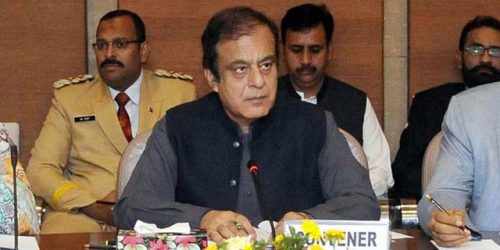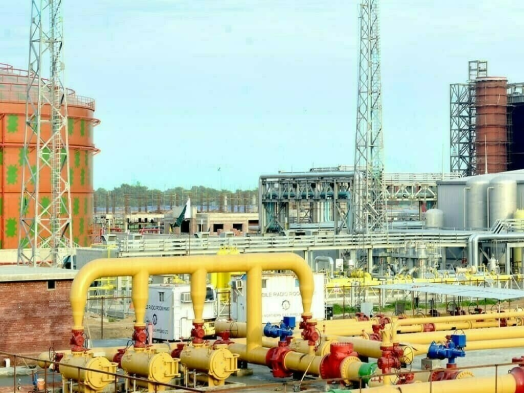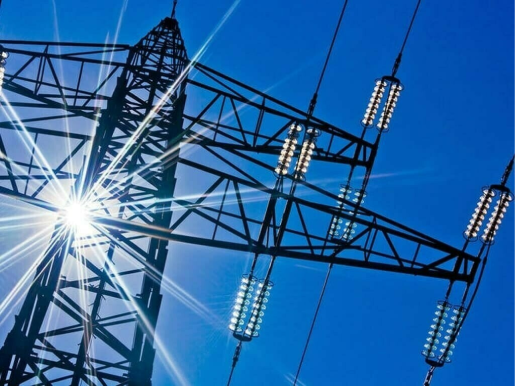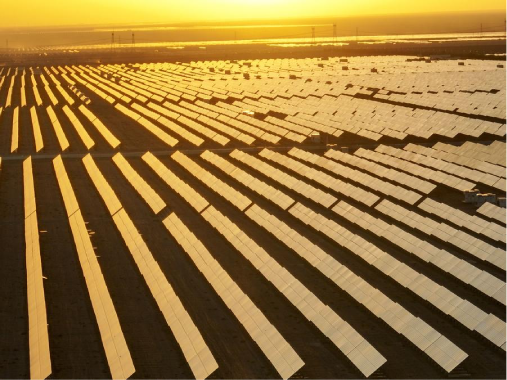ISLAMABAD: Provincial governments on Wednesday partially rejected the federal government’s much-talked about draft Indicative Generation Capacity Expansion Plan (IGCEP) 2047 initially for ten years (2030) to be reviewed each year, saying that projects of their interests have not been incorporated or ignored. This was the crux of a heavily attended hearing held in Nepra presided over by Chairman National Electric Power Regulatory Authority (Nepra), Tauseef. H. Siddiqui. He was supported by Vice Chairman Saif Ullah Chattha, Member KP, Engineer Bahadar Shah, Member Balochistan, Rehmat Ullah Baloch, Member Sindh Rafique Ahmad Shaikh and other team members.
Minister for Information and Broadcasting, Syed Shibli Faraz, Secretary Power, Omar Rasul, Managing Director, PPIB, Shah Jahan Mirza and NTDC team headed by Managing Director, Engineer Khawaja Riffat Hasan, other officials and stakeholders all attended the hearing at the Nepra headquarters.
Chief Minister KP, Mehmood Khan, Energy Advisor, Hamayaullah Khan, Sindh Minister for Energy, Imtiaz Shaikh, CEO STDC, Sulman, MD Punjab Power Development Board(PPDB), Barrister Asghar Khan – legal counsel for KP and Sindh governments and Dr. Fiaz Chaudhary from LUMS attended the meeting upon video links.
The plan which includes short-term, medium-term and long-term, has been prepared in the light of Planning Commission’s projections of 25 per cent load shedding projections instead of the IMF’s or World Bank’s with 25 per cent imported fuel (RFO, imported coal and RLNG) and 75 per cent indigenous resources (RE, hydro, nuclear and cross border (CASA).
The system installed capacity in 2030 will increase to 105,926 MW from 76,391 MW (base case normal demand scenario of GDP 5.5 per cent was used). The objective cost will vary from $ 40.5 billion to( base case) to $ 47.4 billion.
Due to huge installed capacity increase, many hydropower projects and VREs are to be curtailed.
100 per cent quantum of load management is included as demand. The ARE Policy 2019 (20 per cent by 2025 and 30 per cent by 2030) has been taken into account. Similarly, existing contractual obligations are catered for. Retirement of power plants as per PPA terms have also been considered in IGCEP. Export to K-Electric is considered, i.e., 650 MW up till 2022 and 1,150 MW onwards.
NTDC has used modern generation planning software PLEXOS to project future demand by using different methods. All costs have been updated and indexed as of December, 2019. De-escalation in Capex of wind power projects and solar power projects has been considered. Fuel prices have also been indexed in the IGCEP.
According to the Plan, all committed projects have been included in it i.e., strategic (CPEC), under construction, those which achieved financial close and G2G. Plants without requisite data on prescribed format have not been considered. Contractual obligation for RLNG and imported coal-based projects have been taken into account.
The indicative plan is to be updated every year, to accommodate technological advancements, and changes in government policy.
In his remarks, Minister for Information, Syed Shibli Faraz said that he was not a technical person but supported future generation capacity plan based on indigenous resources instead of imported fuel. He said cheap electricity is a big challenge for the country.
Chief Minister KP Mehmood Khan expressed dissatisfaction with the the IGCEP 2047 as many hydel projects recommended by his government were not given any place in the plan. He praised Nepra for its “impartial” role in the past, hoping the regulator will include all KP-proposed hydel projects in the plan. He said that the provincial government has to support its industry with cheap electricity. KP’s Energy Advisor, Hamayyatullah, expressed his unhappiness at giving priority to special technology( thermal) which needs to be reviewed. He raised questions on the software used to determine the demand and other aspects of energy in the future, saying that software is used for survey purposes. He added that KP has three resources – oil, gas and water – but they must be used optimally for his province.
Minister for Energy Sindh Imtiaz Shaikh said that NTDC did not take his government into confidence, but appreciated Nepra for inviting Sindh. He stated that out of 78 projects of 11000 MW electricity proposed by the Sindh government only 21 were included in the IGCEP. He further stated that indigenous resources-based energy projects should be given priority. He threatened to raise the issue at the Council of Common Interest (CCI).
He contended that in the next 27 years, at least five governments would be formed which will have their own plans.
Chairman Nepra, however, commented that Nepra’s team made hectic efforts to get recommendations from Sindh government as well but no one was ready to share any information. Ultimately, he personally contacted the Sindh government officials including Secretary Energy, Musadak Khan and requested him to send provincial government’s comments.
Barrister Asgha Khan, who was representing both the KP and Sindh government, said that according to the Law, Nepra cannot approve any plan over and above 10 years, expressing reservations at the 27 year plan. He also raised questions about grid code implications adding that he will send comments with respect to legal implications of the IGCEP 2047 on behalf of both the provinces.
The Managing Director Punjab Power Development Board (PPDB) Salman also raised objections on the IGCEP saying that several projects and recommendations of his province, including COD of Taunsa project has not been incorporated in the plan accurately.
“Our data is not reflected in the IGCEP. If data is manipulated the result will also be inaccurate,” he added.
Ishfaq Ahmed, Director Energy, Balochistan, in his comments stated that renewable energy projects sent by his government had been ignored.
The representative of AJ&K government Naveed Gilani said that “mature” projects of AJ&K must be included in the IGCEP.
Secretary Power, Omar Rasul assured the participants that Power Division will accommodate all implementable projects/schemes of provincial governments so that the final document should be based on consensus.
Wrapping up the hearing, Chairman Nepra said that there is a need to evolve consensus amongst the stakeholders to proceed ahead. Vice Chairman Nepra, Saif Ullah Chattha, was of the view that more time is required to give some ” acceptability” to the plan as not only provincial governments but Nepra itself has several reservations.
“The plan needs to be further improved after consultation with provinces, Nepra, NTDC and other experts; in effect inclusion of more feedback from the provinces and other stakeholders is urged,” Chattha added.
According to an official statement of Nepra, National Transmission and Dispatch Company (NTDC) had submitted the IGCEP 2047 to the Authority as a Least-Cost Generation Expansion Plan to cater for the future energy requirements of the country. In view of the importance of the matter, the Authority previously sought comments of the stakeholders and decided to have a public hearing in the subject matter which was held via video link on (Wednesday).
In this regard, a considerable number of people including general public, public representatives including CM KPK and his Advisor on Energy and Power, Federal Minister for Information and Broadcasting, Special Assistant to the Prime Minister on Power, Federal Secretary Power Division, Minister of Energy, Government of Sindh, representatives of other provinces and AJK, heads of various public and private sector entities, Government Ministries and their attached departments, National and International experts on Energy and various members of business and journalist community participated in this public hearing. The participants presented their views and suggestions for further improvement of the IGCEP.
The Authority after detailed deliberations on the main features and observations/inputs from the stakeholders and experts, decided to constitute a committee of Professionals of NTDC, CPPA-G, NEPRA and other experts of the power sector to further improve and finalize the IGCEP by the mid of August, 2020.





